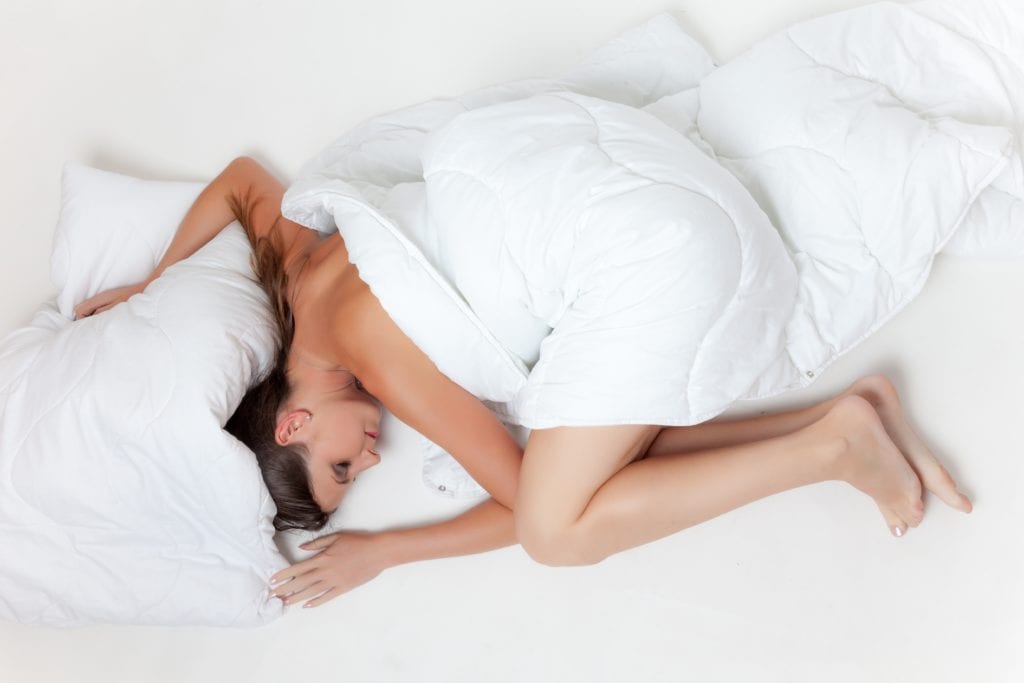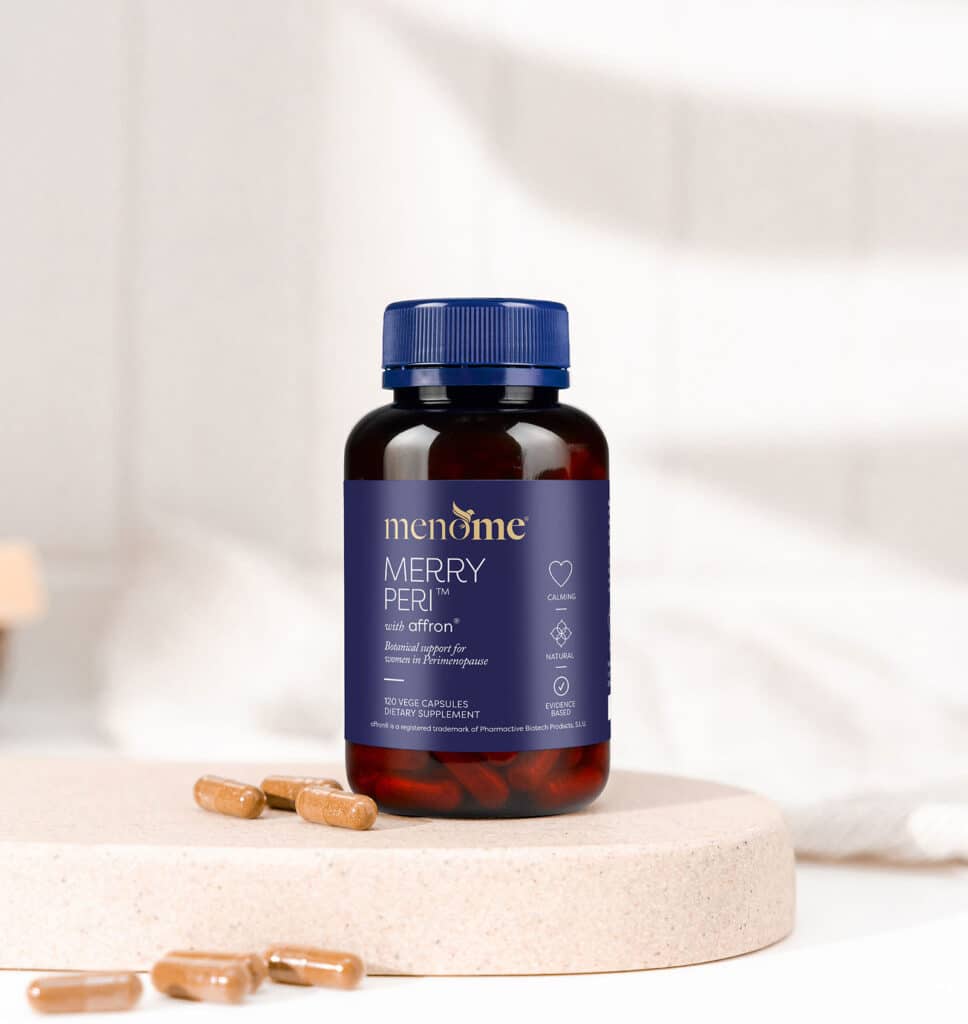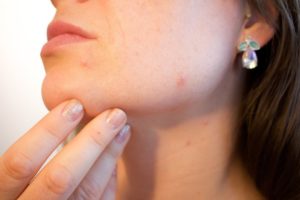Perimenopause. Aka peri.
The lead-up to menopause is a time of confusion for many women.
Because we’re woefully uneducated about the third part of our reproductive process. Indeed, I’m referring to:
- Puberty
- Fertility
- Menopause
Most women aren’t even aware that menopause only occurs when one year has passed since our last period, and that the lead-up to menopause is usually years – average four but it can go on for over a decade – of perimenopause. And this often begins when in our minds we’re still ‘young’.
In fact, perimenopause – which may begin to be felt around 40 – is when most of the signs like hot flushes, weight gain, brain fog, aches and pains etc arise.
WebMD state the average length of perimenopause is four years with some women experiencing 10 years. Women’s health advocate Dr Christiane Northrup however, says five to 10 years, and for some 13 years. Note: we’re talking about natural or spontaneous menopause here, not premature or artificial menopause.
So, it’s confusing!
What it does mean though is that with the average age of menopause being 51, many of us can begin the transition as early as our late 30s.
I don’t know about you, but although I’d heard of menopause, it was way off in the distance and I was busy trying to get pregnant in my late 30s. Even right through to my mid- and late-40s (yes, I did realise I was grasping at straws by then).
The hallmarks of perimenopause are a change in your hormone levels, namely estrogen, progesterone and testosterone/androgens. It’s a time when our ovaries are preparing to retire to let us get on with the next phase of our lives.
During perimenopause our hormone levels can fluctuate so, even though menopause is characterised by a reduction in estrogen or specifically estradiol. However, progesterone plays a key role and drops around the mid-30s. Following on from this as we get more fully in peri experience both high and low estradiol as it fluctuates like a rollercoaster ride. As a result, progesterone, estrogen ratios are all over the place.
This is usually what causes the mood swings and hot flushes, and it’s why your periods may stop for a while and then come back. Our poor bodies don’t know what’s going on, but more importantly neither do our brains. Indeed, recent research by neuroscientist, Dr Lisa Mosconi, showed that the brain plays a very active role in this transition.
We’re woefully uneducated about the third part of our menstrual cycle – I’m referring to 1. Puberty 2. Fertility and 3. Menopause. Share on X
Here Are 3 Signs That Probably (Not Definitely) Point To You Being In Perimenopause
1. Hot flushes and/or night sweats in perimenopause

Sometimes it takes a while to realise we’re having a hot moment. We might put it down to a warm summer, being stressed, having a glass of wine or eating a curry. These things can magnify them but when we realise this is happening quite often, or we’re waking up sweating at night during winter, it’s time for some cooling tricks.
Hot flushes can come on with no warning, manifest physically as redness or blotchiness (not nice if you’re in a meeting), and last for a few seconds to a few minutes. Some women report they feel chilly or dizzy directly afterwards. You can read about what causes them here.
What can you do?
1. Keep a record in a notebook or on your phone to see how often you’re experiencing hot flushes. This is helpful for monitoring where you are at in your menopausal journey.
2. Wear cotton clothing and layers. Synthetic fabrics aren’t perspiration friendly whereas cotton clothing breathes. When you layer clothing you can subtly remove – say – your cardigan when a flush comes on.
3. A cooling spritz will be your best friend here. You can also use a spray bottle filled with water. A towel soaked in cold water would be helpful too.
5. If stress is a problem for you consider taking up gentle exercise, yoga or meditation. All of these are proven to help with stress and therefore may minimise your hot flushes.
2. Problems sleeping in perimenopause

This is a biggie and the first sign of perimenopause for many women. You could have problems falling or staying asleep, be woken up by night sweats or all of a sudden start having to visit the loo in the middle of the night (falling estrogen levels affect the bladder).
What can you do?
1. All of the above will definitely be helpful.
2. Ensure you have a minimum of blue light at least an hour before going to sleep. By this I mean not watching TV, working on the laptop or sitting on the phone. Studies have shown light-emitting devices interfere with melatonin (I call it the sleep hormone). You can download an app called f.lux to help with this here.
3. Exercise, but don’t overdo it. There is no doubt your body is changing at this time of life, and even if you were a former athlete, over-exercising is not good for meno bodies. It can cause us to hold onto fat and also increase (rather than relieve) stress by setting off the hormones adrenalin or cortisol via the adrenal glands. In actual fact, our adrenals should be in the act of creating another estrogen-like hormone to help us with our menopause transition so it’s the last thing they need. Overload them and they won’t be able to do the job. Exercise is still one of the best things you can do for your wellness but over-exercising isn’t. There is some very good data emerging that HIIT (High Intensity Interval Training) works well. It’s important to take into consideration your current level of fitness and avoid injury.
4. Download our sleep hygiene sheet here. Also, try Merry Peri® the affron® saffron within the ingredients supports sleep.
Erratic or altered periods

During perimenopause – as the usual function of our ovaries decline – our periods can shorten or become irregular. Unfortunately for some women, this can also manifest as longer or heavier periods or even flooding, the latter of which can prove quite traumatic. There is no ‘typical’ pattern. Every. Body. Is different.
What can you do?
1. Everything we’ve already mentioned.
2. If you are one of those experiencing a lot of blood loss it’s important you see your GP. This could lead to a lack of iron and the associated fatigue and/or depression that goes with it.
3. Be gentle with yourself. We can’t stress this enough. Self-care is a bit of a buzzword but it’s buzzy for good reason.
You can also take our quiz here.

Need additional support?
Merry Peri® with affron® is an evidence-based botanical formulation designed specifically to support women perimenopause.
Most importantly? Love yourself through this time.
Hope that helps ladies 💙
If you’d like to talk any of this through we love hearing from you so click here to go to email.
Disclaimer: symptoms like these can also be attributable to various other conditions so it’s a good idea to have a thorough checkup with your GP or medical professional.
Credit
Images via pixabay












